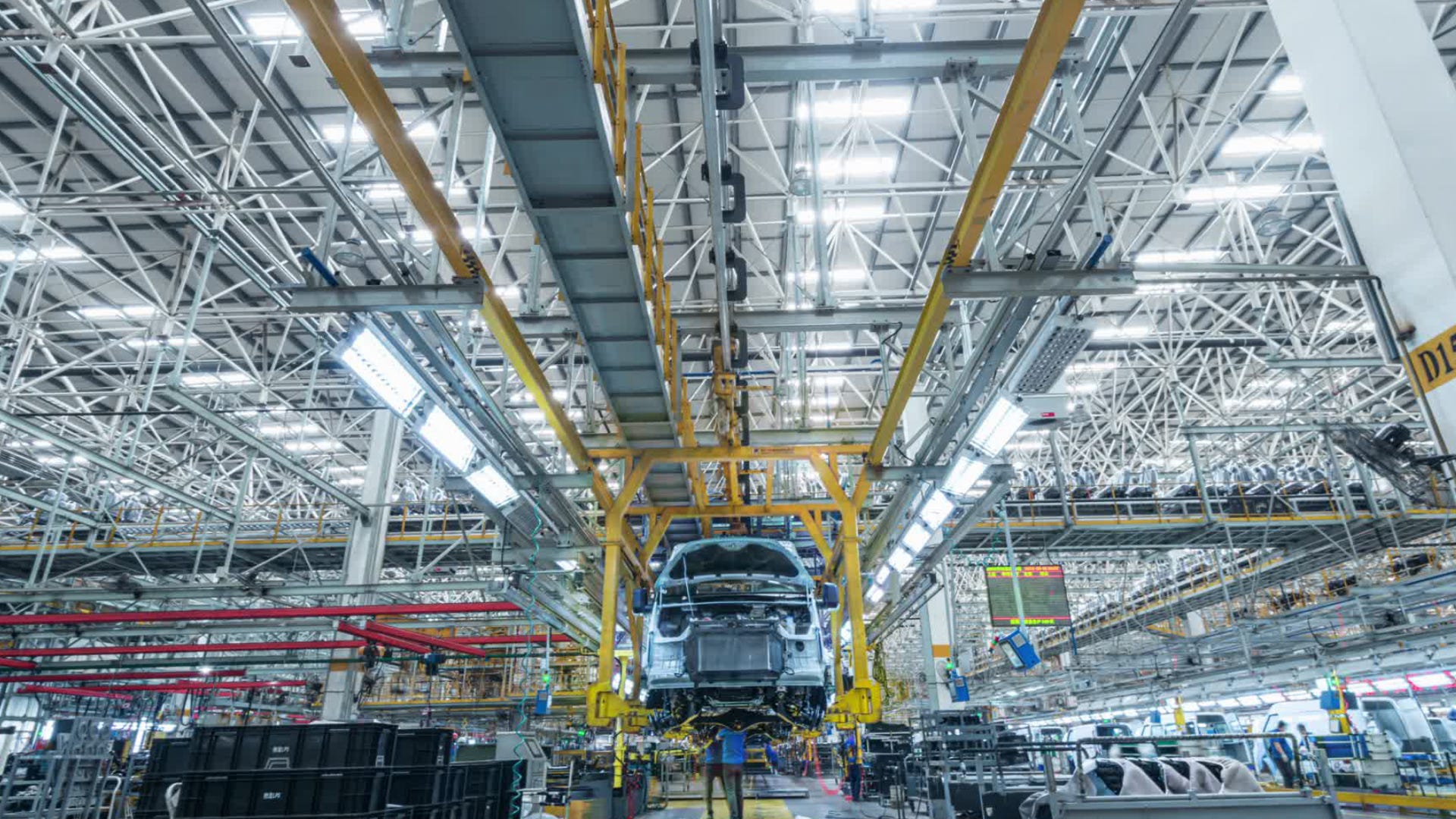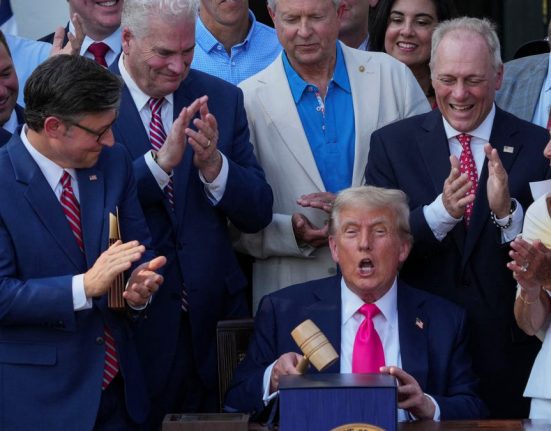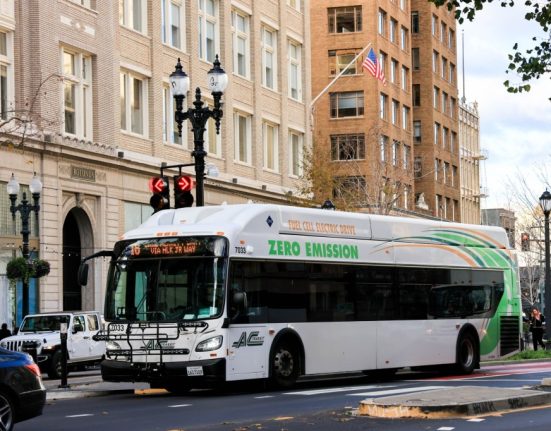
The impact and history of autos in Detroit, The Motor City
Here are some facts about Detroit’s auto industry.
- Rep. Bill Huizenga introduced the Made in America Motors Act, proposing a tax deduction on interest paid on U.S.-assembled vehicle loans.
- The proposed deduction allows up to $2,500 per year for vehicles under 14,000 pounds purchased in 2025 or later.
- This deduction aims to incentivize American-made vehicle purchases and support domestic auto jobs, echoing a campaign promise by President Trump.
U.S. Rep. Bill Huizenga has introduced legislation that would allow car- and truck-buyers to deduct interest paid on their vehicle loans from their income taxes, a proposal President Donald Trump made on the campaign trail during a speech in Detroit last year.
Huizenga, R-Holland Township, proposed the the so-called Made in America Motors Act on May 7, saying it would allow consumers to deduct up to $2,500 in interest paid on a motor vehicle loan in a given year as long as the vehicle was assembled in the U.S.
No deduction would be allowed for any vehicle loan which is already granted a deduction but the new deduction would be available to taxpayers whether or not they itemize on their annual tax forms. If approved as proposed, the deduction − which could potentially help spur auto sales of U.S.-assembled vehicles − would be allowed for vehicles purchased in calendar year 2025 or later.
The tax deduction would only be available for vehicles weighing less than 14,000 pounds, meaning those for personal or light commercial use.
“The Made in America Motors Act is a win for American taxpayers, autoworkers and Michigan,” said Huizenga, who has represented west Michigan in the U.S. House since 2011 and is considering a run for U.S. Senate next year. “Making interest on car loans tax deductible was a key campaign promise made by President Trump. The Made in America Motors Act delivers on this promise by giving individuals and families a financial incentive to buy American, which in turn supports good-paying automotive jobs in Michigan and across the nation.”
Ford Motor Co. also put out a statement in support of the proposal, saying it “will help Americans purchase a car and gain the freedom to move, while supporting American auto workers.”
Trump − who has worried automakers with a broad set of tariffs on imported autos and auto parts that, even with some exemptions put in place are expected to significantly raise costs on auto companies and, in turn, buyers − has repeatedly called for tax deductions on Social Security payments, overtime pay and auto loans. But there remain questions about how much revenue those cuts will take out of federal accounts each year and potentially exacerbate the national deficit at a time when Trump and Republicans also plan to extend other tax cuts put in place in 2017.
At least one estimate suggested the auto loan deduction could result in a $10 billion reduction to federal revenues, though that was not calculated with the specifics included in Huizenga’s bill.
Contact Todd Spangler: tspangler@freepress.com. Follow him on X @tsspangler.






